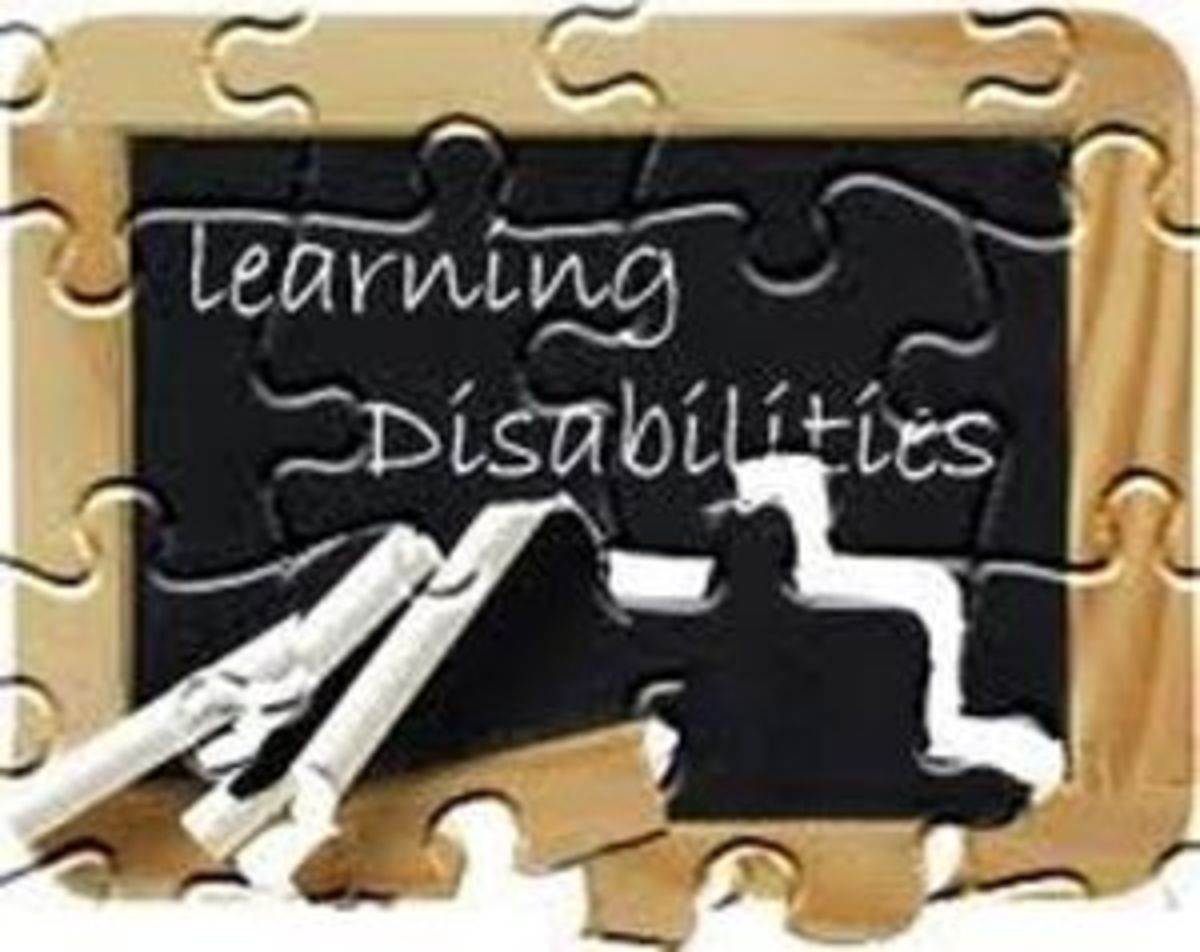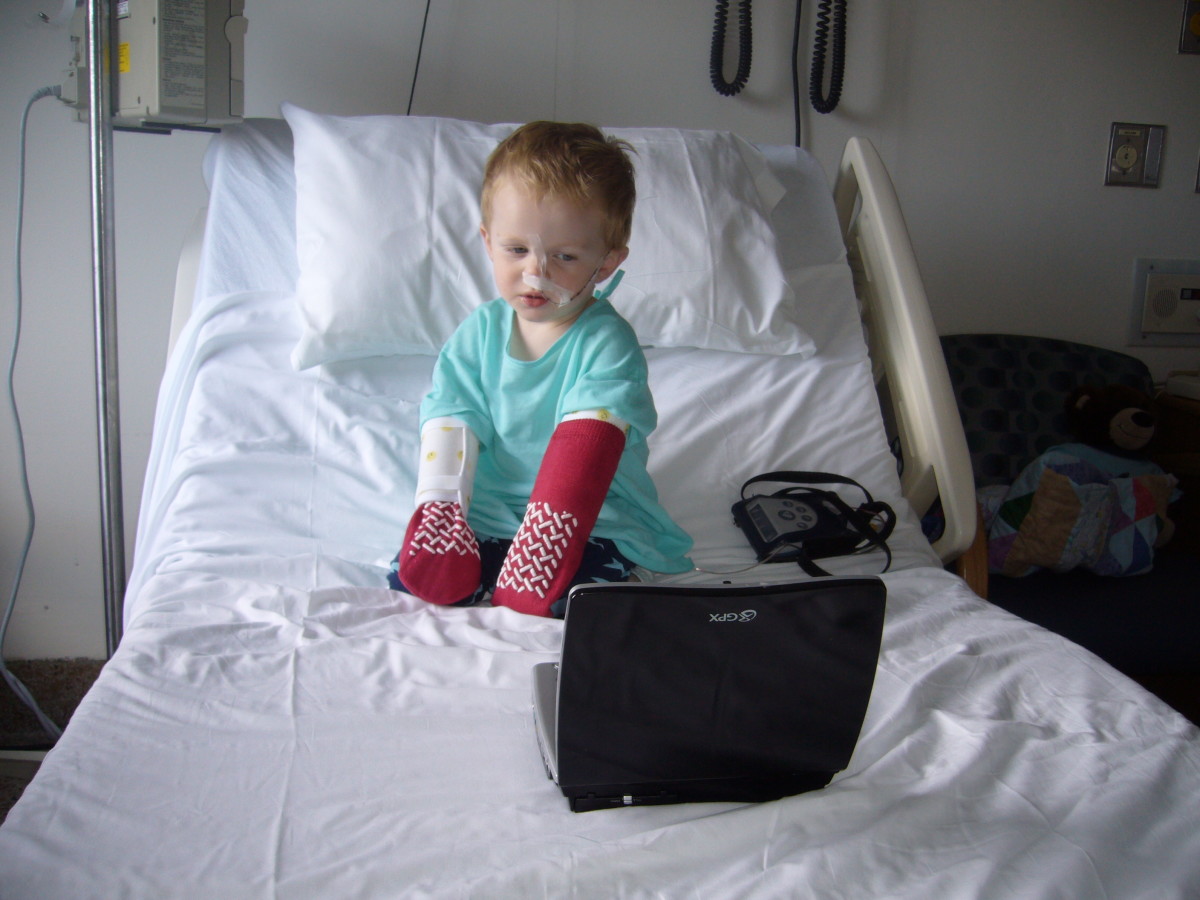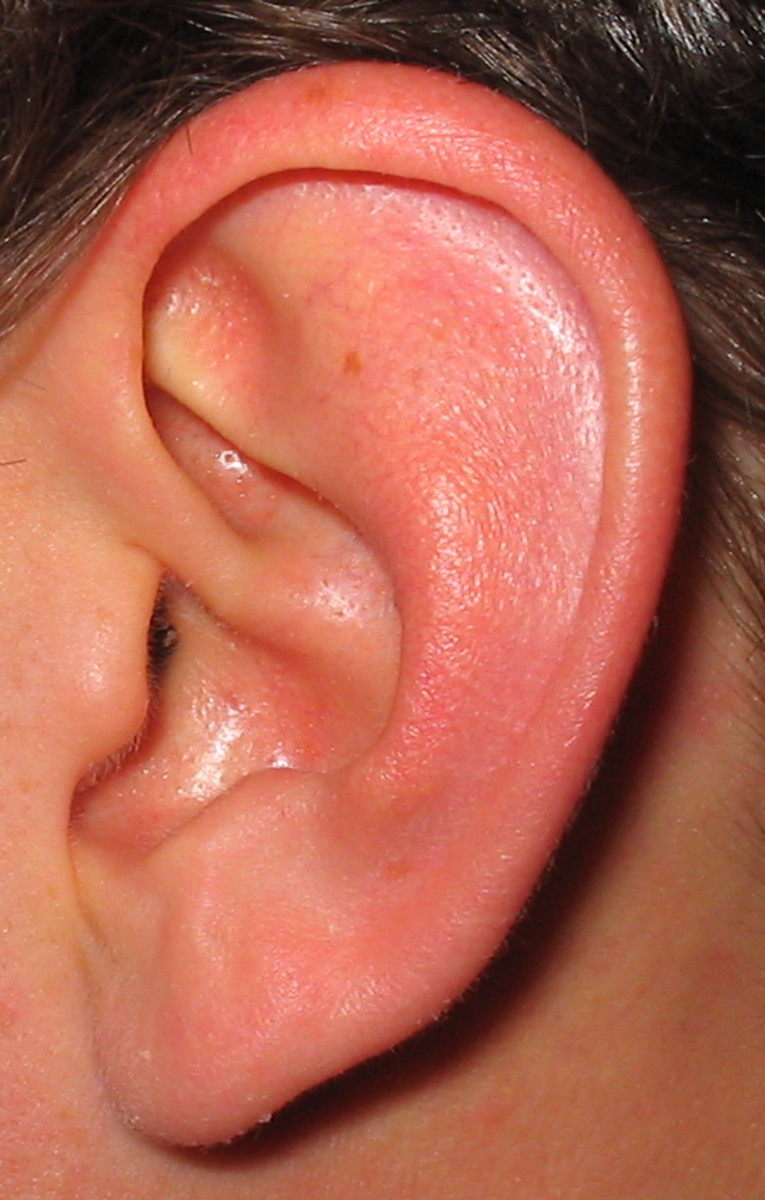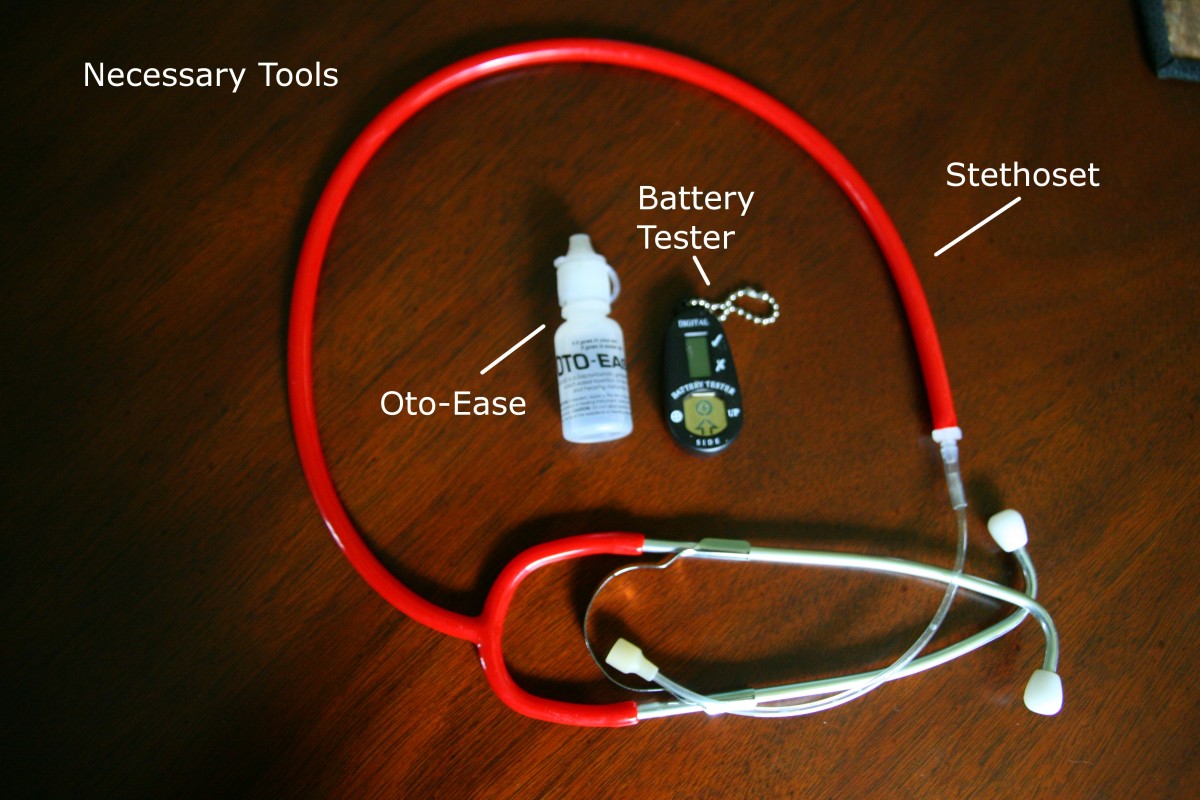3 ways to help parents, students and teachers cope with the challenges of learning disabilities
Learning at your own pace


What is a Learning Disability anyway
I would like to take a few moments to respond to a very good question asked by a fellow hubber: "What is your biggest challenge in dealing with a learning disabled child, how do you deal with it"?
I must admit that from the moment I heard the term, I have always disliked using "learning disabled" to describe the difficulties my son experienced in school or anywhere else. Although I suppose that some parents might understandably take an initial defensive stance to receiving such news, I was already quite aware that a problem existed with my son's academic progress. I witnessed such frustration at home as well, so no, I was not the least bit surprised when my son's teacher called and wanted to chat with me. Rather, I was concerned because the term "disability" seemed to imply that there was something damaged or defective that would likely prevent my son from ever learning. I can imagine the horror a parent must experience upon receiving such a call from a teacher or other school official with this news when they have no such inkling and see their child's development and academic achievements thus far as otherwise normal.
Even though I thought I was prepared for whatever explanation and alternate learning plan would likely resolve his obvious classroom inadequacies, I was not. All I could do is question my own parental inadequacies and wonder what in the world did I do to cause this "disability"? Did I give him some kind of defective DNA, did I have too many glasses of wine during pregnancy? Not read to him enough as a baby? What kind of a future will he have if he is already being diagnosed with a learning disability in the first grade? And how can a parent possibly help their child through something like this? To me, at that point, a learning disability meant an inability to learn and quite honestly, as serious as my son's problems were processing the information in class and understanding the curriculum, nothing could have been further from the truth.
I found that a learning disability is a term used perhaps a little too loosely to describe a multitude of problems learning when using traditional teaching methods. Many times, if a child has enough self-confidence and positive support from teachers and parents working together as a team, the child can receive extra one to one learning assistance for a period of time and then eventually mainstream back to their original classroom. This however, is not the most typical outcome but I am not sure that it is because of the child's learning abilities or lack thereof.
There are a few things that I noticed throughout our journey through the school district's special education maze in addition to some comments from my now grown, somewhat more learning enabled son. I will share three of the most significant challenges that parents and children face when confronted with the learning disability label and how you as a parent can help your child grow into a happy educated adult who feels good about the person they have worked hard to become.

The 3 Biggest Challenges
1. Be Positive - You are a Role Model
If and when you learn that your child is experiencing has been diagnosed with a learning disability, don't react with visible signs of anger or disappointment. If you approach this learning curve with optimism, hard work and a sense of humor, your child is likely to emulate your perspective or at least see the challenges as a detour rather than a roadblock. Whether you realize it or not, your child is looking to you for direction and will soak up your reaction and your attitude like a sponge. One of the biggest obstacles that any child must grapple with are those of self esteem, so as a parent, you need to look for any and all strengths and focus on those, however insignificant they may seem, to a child that already feels like the odd kid out, they are huge! Traditional curriculum does not provide the best learning structure for these kids, due to a multitude of reasons, so they are already aware of the fact that they are "different" and typically feel very isolated.
By the time the testing begins so the school can determine more specifically what the learning problem(s) are and arrange suitable placement including an individualized educational plan, try to be as straightforward with your child as possible. If you explain to them with confidence and hope that you want to see them get the best education possible so they can do whatever they want to do in life, chances are that they will have an easier time with the testing and any other transition at school, like moving to another classroom or communicating any changes to friends. Be an advocate for them with a positive demeanor and hope for the future and they are more likely to follow your lead. Children look to us for guidance so if you have accepted that your child has a different way of learning and that is just fine then your child will be better able to adapt to any changes in their school routine.
2. Focus on Child's Strengths to Build Success
Since children learn in different ways, find out how your child learns best. Does he or she learn by hands-on practice, looking, or listening? Many children who struggle in a class of 30, can make great strides in a smaller classroom with more one-to-one attention. This is where the testing results and a diagnoses come in, depending on the type of leaning problem that your child may have has a great deal to do with how and under what circumstances they learn best. Children with learning disabilities often excel at a variety of things so, give your child plenty of opportunities to pursue his or her strengths and talents. Again, this is why I dislike the term "learning disability" because the majority of kids diagnosed as such are actually very bright, some are even considered gifted, they just learn differently.
Encourage your child to pursue activities after school that they enjoy, and that they are good at such as after school sports, art classes, animal care, anything that will act as a confidence booster. Not understanding the material in the classroom is very frustrating to children, in addition to the fact that they are often ridiculed by classmates, further diminishing any remaining self worth. To rebuild the self esteem that is so essential to success, focus on their strengths and do what you can to reinforce all of the exceptional qualities that the child does have to even the playing field. They must feel valued in order to accomplish their learning goals!
3. Find a Support System for YOU!
That said, as a parent, you must also feel valued, like your efforts are not all in vain. In order for you to be positive and supportive to your child, you will no doubt need your own shoulder to lean on every now and then so don't hesitate to ask for help. Aside from online research and reading, talk to other parents who have children with disabilities by joining support groups or non-profit organization. Although you might feel like it sometimes, you are not alone. There are millions of children in the U.S alone that suffer from some kind of learning disability. You are not the only one ripping your hair out on a nightly basis!
Blaming yourself and trying to pinpoint the reason your child has these struggles is really not the best use of your time and energy. To a certain extent I think that we all do it, it's what parents do, however it really does nothing to help your child and it remains a puzzle that will probably never be solved.Focus your energy on learning and helping your child learn too, demonstrating that learning is a lifelong challenge for everyone. And don't forget to laugh!
More Resources for Parents of Children with Special Needs
- Learning Disabilities in Children:Recognizing Symptoms & Coping Skills
Recognizing the symptoms of Learning Disabilities and acquiring a few solid coping skills allows you to take a more proactive parental stance - One Small Step for Parents
A community that offers information, resources and support for parents raising children with ADHD and its attendant disorders - This Hub was started by Hubpages own Enelle Lamb! - The Day my Son was Diagnosed with Autism








